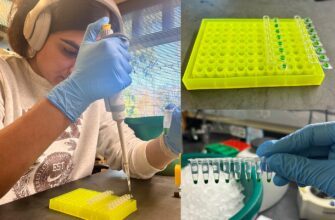 Pipettes
Pipettes The Evolution of Liquid Chromatography In analytical
 Pipettes
Pipettes Branching Out with Confidence In laboratories, workshops
 Pipettes
Pipettes Unlocking the Microscopic World The world is teeming
 Pipettes
Pipettes Beyond Just Holding Tubes In any modern laboratory
 Pipettes
Pipettes Embracing Comfort and Precision in Injections For millions
 Pipettes
Pipettes How to Choose the Right Ultrasonic Probe Sonicator
Pipettes
Accuracy Comparison Between Burettes and Pipettes
Comprehensive Guide to Reverse Pipetting: Techniques
Proper Autoclave Protocols for Sterilizing Plastic
A Comprehensive Guide to Pipette Tip Disposal: Ensuring
Volumetric Pipettes: Ensuring Precision and Accuracy
The Critical Role of Pipettes in Laboratory Science
Micropipettes and Tips: A Comprehensive Guide Micropipettes
Mastering Pipetting Techniques: A Comprehensive Guide
Brands
Brands
Thermo Fisher Scientific: Global
Brands
Agilent Technologies: A Comprehensive
Brands
Danaher Corporation: A Global Life
Brands
Sartorius: A Global Leader in Biopharmaceutical
Brands
Rainin Pipette: A Comprehensive














